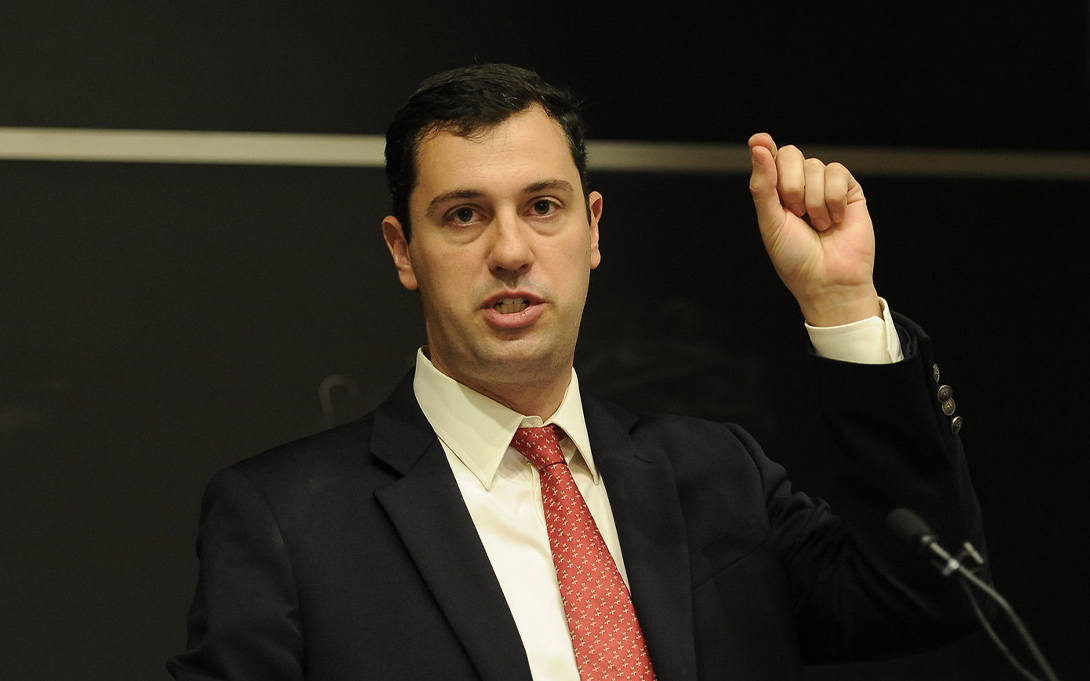
In a piece recently published in The Conversation, Ford School professor John Ciorciari reflects on his most recent findings associated with his long term study of survivors of Khmer Rouge regime in Cambodia. Ciorciari, an expert in international law and politics, has focused his research on the Asia-Pacific region and Cambodia in particular. In 2014, Ciorciari co-authored Hybrid Justice: The Extraordinary Chambers in the Courts of Cambodia, which analyzes the hybrid court devised to try crimes of the Khmer Rouge regime.
The Conversation piece delves into the emotional and psychological effects that high-profile trials may have on survivors of violence and trauma. April 17, 2018 marked the 43rd anniversary of the Khmer Rouge seizing power in Cambodia. The radical regime, led by dictator Pol Pot, committed countless atrocities against the people of Cambodia, killing nearly 25 percent of the country’s population in what is now known as the Cambodian genocide. The effects of Pol Pot’s regime are still felt deeply, and the process of seeking transitional justice for those who have been affected by the Khmer Rouge regime is ongoing.
A core aim of transitional justice, the means by which societies address past crimes as they emerge from conflict, is reconciliation. An ongoing concern associated with this process is, what sort of toll does giving testimony take on survivors? Ciorciari asks, “Can efforts to exact justice end up injuring survivors again?”
Ciorciari teases out the concept that researchers can reconcile fact-finding and data-driven research with cognizance of the psychological impact that the processes entailed in transitional justice have upon survivors. He concludes with the observation, “Getting from sympathy to empathy entails doing more than identifying practices we regard as effective. It requires trying to understand what survivors will see as success.”
John Ciorciari is an Associate Professor at the Gerald R. Ford School of Public Policy. He is also the Director of the International Policy Center at Ford. Ciorciari is currently an Andrew Carnegie Fellow conducing research for a project on sovereignty-sharing arrangements in fragile and failing governments.
